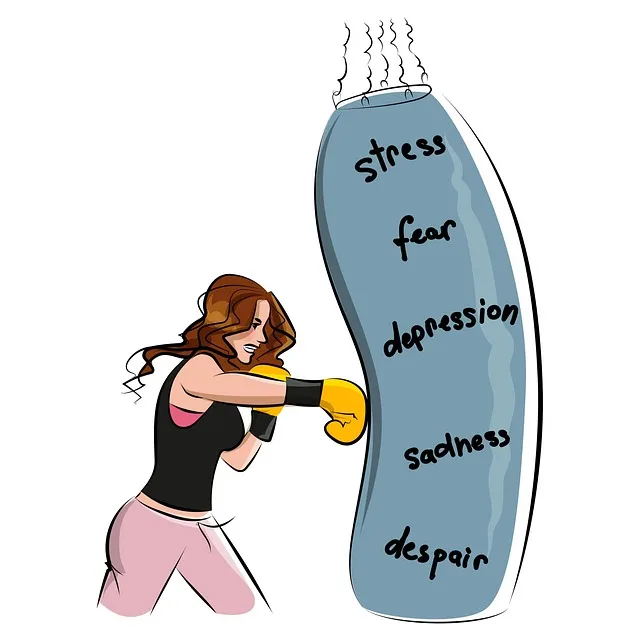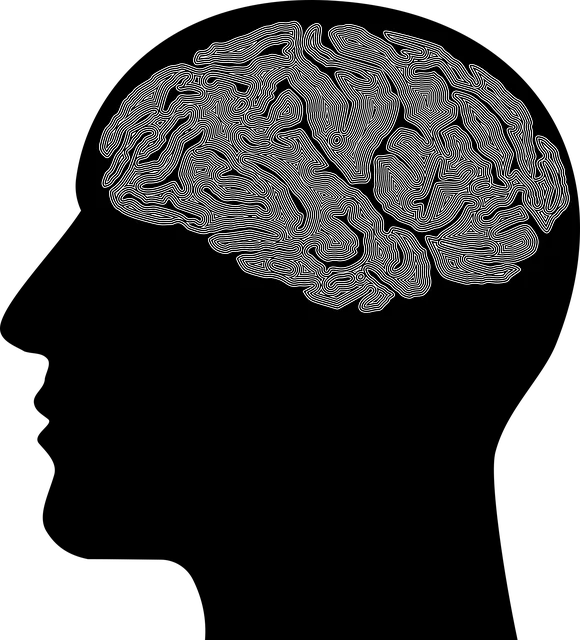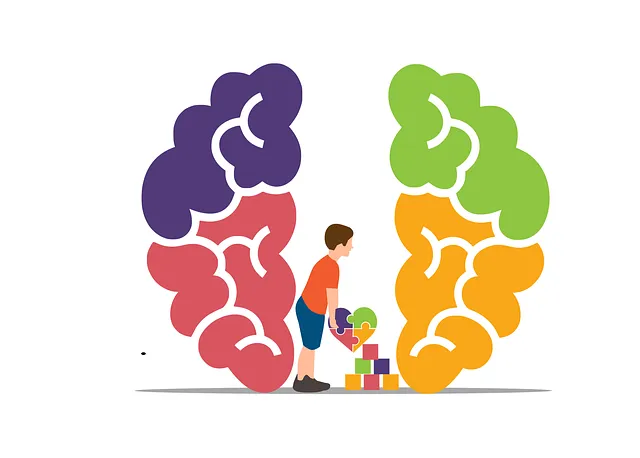Kaiser Permanente is leading the charge against mental illness stigma through multiple initiatives. They offer accessible resources like their Superior Kaiser Permanente mental health appointment number, facilitate education and risk assessments for professionals, and organize burnout prevention workshops to destigmatize mental health issues. By engaging community leaders, promoting accurate media narratives, and tracking evaluation metrics, they aim to create a supportive environment encouraging early intervention and improved mental well-being for all.
Mental illness stigma remains a significant barrier to treatment, impacting millions globally. This article explores comprehensive strategies to reduce this harmful perception, focusing on evidence-based practices and innovative approaches. We examine the profound effects of stigma on mental health, highlighting initiatives like Kaiser Permanente’s successful programs. Through community education, media advocacy, and measurable evaluation, we aim to illuminate paths towards a more accepting society. Discover how these efforts, driven by organizations like Kaiser Permanente, are transforming mental healthcare access, ensuring individuals receive the support they need for superior mental well-being.
- Understanding the Impact of Stigma on Mental Health
- Kaiser Permanente's Approach to Stigma Reduction
- Strategies for Educating Communities About Mental Illness
- The Role of Media and Celebrities in Challenging Stigma
- Measuring Success: Evaluating the Effectiveness of Stigma Reduction Efforts
Understanding the Impact of Stigma on Mental Health

Stigma surrounding mental illness can have profound effects on individuals’ well-being and their willingness to seek help. When society stigmatizes mental health issues, people often face discrimination, exclusion, and a sense of shame, which can lead to increased isolation and distress. This internalized stigma may prevent them from reaching out for support, even when they desperately need it. As a result, many suffer in silence, struggling to manage their symptoms without the necessary resources or understanding from their communities.
At Kaiser Permanente, we recognize that breaking down mental health stigma is crucial for fostering open conversations and encouraging individuals to prioritize their mental wellness. Our mental health appointment number, designed to be easily accessible, serves as a symbol of our commitment to supporting those facing mental health challenges. By promoting awareness and providing education, we aim to reduce the risk of stigma-related harm through comprehensive risk assessments for mental health professionals, ensuring they have the tools to offer effective support while managing their own stress and well-being.
Kaiser Permanente's Approach to Stigma Reduction

Kaiser Permanente, a leading healthcare provider, has recognized the significant impact of mental illness stigma and has taken a proactive approach to reduce it through various initiatives. Their strategy focuses on creating an environment where individuals feel comfortable seeking support for their mental health concerns. One key aspect is providing superior Kaiser Permanente mental health appointment numbers, ensuring easy access to specialized professionals who can offer expert care and guidance.
The organization promotes Mental Health Awareness by educating both patients and healthcare providers about the importance of early intervention and ongoing support. They emphasize Burnout Prevention Strategies for Healthcare Providers, as emotional intelligence plays a crucial role in fostering empathetic connections and effective communication during mental health appointments. Through these collective efforts, Kaiser Permanente aims to destigmatize mental illness, ultimately encouraging more people to prioritize their well-being.
Strategies for Educating Communities About Mental Illness

Educating communities about mental illness is a multifaceted approach that involves breaking down barriers and fostering understanding. One effective strategy is to organize Burnout Prevention workshops, especially tailored for healthcare providers, where they can learn Stress Management Techniques. These sessions should demystify common mental health conditions, challenge stereotypes, and promote empathy. By equipping professionals with the knowledge to recognize signs of distress in themselves and their patients, organizations like Kaiser Permanente can ensure better support systems within healthcare settings.
Incorporating Mental health appointment numbers easily accessible to the public during these workshops can significantly aid those seeking help. Additionally, engaging community leaders, educators, and local businesses in mental health awareness campaigns can create a network of support. These efforts should focus on normalizing conversations about mental illness, encouraging early intervention, and providing resources for effective Burnout Prevention Strategies. Through such initiatives, communities can become more receptive to addressing mental health concerns collectively.
The Role of Media and Celebrities in Challenging Stigma

The media plays a significant role in shaping societal perceptions, and its influence on mental illness stigma is profound. By presenting accurate, empathetic, and diverse portrayals of individuals living with mental health conditions, media outlets can challenge stereotypes and promote understanding. Celebrities who openly discuss their struggles with mental health have been instrumental in this effort. Using their platforms to share personal stories, they humanize mental illness, showing that it affects people from all walks of life. This approach helps reduce the stigma associated with seeking help, encouraging others to prioritize their mental well-being and make that important Kaiser Permanente mental health appointment.
Furthermore, media coverage focused on the success stories of those who have overcome challenges related to mental health can inspire hope and dispel myths. With increased representation and open conversations, celebrities and media together contribute to a more inclusive environment where people feel comfortable discussing their struggles openly. This shift encourages the adoption of self-care practices, such as mindfulness meditation, and crisis intervention guidance, ultimately leading to better mental health outcomes for all.
Measuring Success: Evaluating the Effectiveness of Stigma Reduction Efforts

Evaluating the success of stigma reduction efforts is a crucial step in understanding their impact and identifying areas for improvement. Measuring success can take various forms, from qualitative feedback from those affected to quantitative data on mental health appointment numbers at organizations like Superior Kaiser Permanente. Tracking the number of individuals seeking mental health support post-stigma reduction initiatives provides valuable insights into changing attitudes and behaviors.
Beyond mere appointment counts, examining outcomes related to Mental Wellness Coaching Programs Development can offer a more holistic view. Emotional Healing Processes, facilitated by these programs, might include increased help-seeking, improved self-reported mental wellness, and reduced instances of unneeded medication or medical interventions. By combining quantitative and qualitative methods, we can comprehensively assess the effectiveness of stigma reduction efforts and ensure they align with the evolving needs of communities.
Mental illness stigma reduction is a multifaceted approach, with efforts from healthcare giants like Kaiser Permanente leading the way. By combining community education, media advocacy, and measurable evaluation strategies, we can foster greater understanding and acceptance. In light of these initiatives, it’s encouraging to see the potential for positive change in the number of individuals seeking superior Kaiser Permanente mental health appointments—a testament to the power of challenging stigma. Through continued collaboration and innovative programs, we can revolutionize mental healthcare accessibility and support those dealing with mental illness worldwide.






